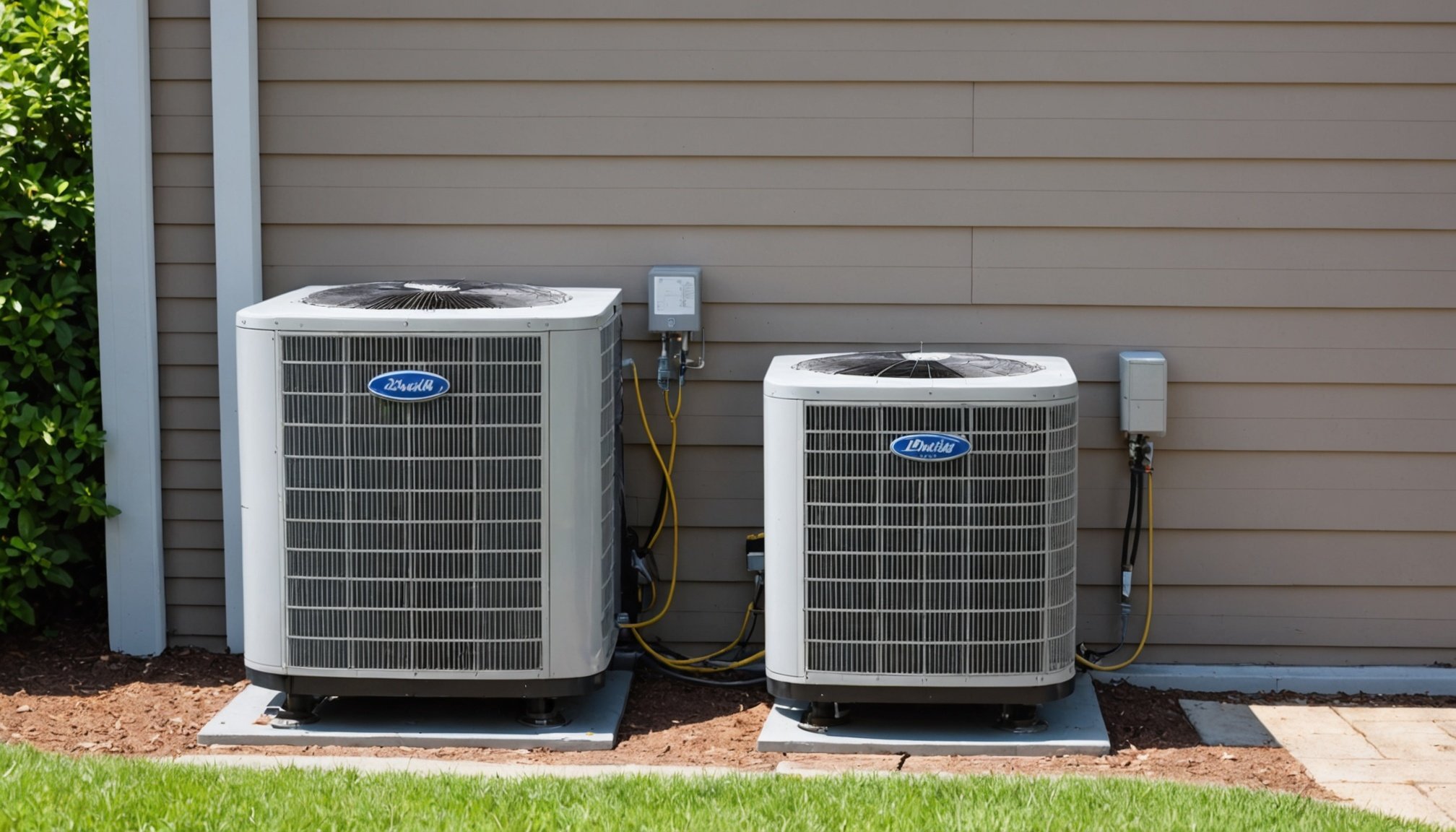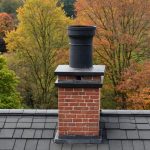Air conditioning systems are an essential part of modern living, providing much-needed relief during the sweltering heat of summer and maintaining comfort throughout the year. As we become increasingly conscious of energy consumption and its impact on the environment, ensuring that your HVAC system operates efficiently is more important than ever. This comprehensive guide will help you navigate through the intricacies of optimizing your air conditioner, offering practical tips and insights to keep your unit running smoothly while saving on energy costs.
Understanding Your Air Conditioning System
Before diving into efficiency tips, it’s crucial to understand the basic workings of your air conditioning unit. An air conditioner operates by removing heat from indoor air and expelling it outside, thus lowering the indoor temperature. This process involves several key components:
Also to discover : What types of cookware are best for induction cooktops?
- Compressor: This is the heart of the system, responsible for circulating refrigerant between the indoor and outdoor units.
- Condenser Coil: Located in the outdoor unit, this coil dissipates heat absorbed from your home.
- Evaporator Coil: Found inside the home, it absorbs heat and moisture from indoor air.
- Thermostat: This device controls the system, allowing you to set and maintain the desired temperature.
The efficiency and performance of your air conditioning unit rely on these components working harmoniously. Regular maintenance plays a critical role in ensuring that each part functions optimally, prolonging the system’s lifespan and ensuring efficient energy use.
Tips to Enhance Air Conditioning Efficiency
Achieving optimal efficiency with your air conditioning system doesn’t require significant overhauls. Simple, practical measures can lead to noticeable improvements:
Additional reading : How can I improve the air quality in my home with air purifiers?
- Regular Maintenance: Schedule routine checks with a professional HVAC technician to inspect and clean components like coils, filters, and fans. A well-maintained system operates smoothly and minimizes energy waste.
- Filter Replacement: Filters trap dust and debris, keeping the air clean. Clogged filters force the system to work harder, so replace them every 1-3 months.
- Thermostat Settings: Setting your thermostat to a moderate temperature and using programmable options can save energy. Consider setting it a few degrees higher when you’re away.
- Seal Leaks: Ensure that your home is well-insulated. Seal any leaks or gaps around windows and doors to prevent cool air from escaping.
- Use Fans: Ceiling and portable fans can help circulate cool air, allowing you to set the thermostat a bit higher without sacrificing comfort.
By incorporating these practices into your routine, you can significantly enhance the energy efficiency of your air conditioning unit.
The Role of Technology in Enhancing Efficiency
In our technologically advanced era, smart solutions play a pivotal role in maximizing the efficiency of air conditioning systems. Embracing these innovations can lead to substantial energy savings:
- Smart Thermostats: These devices learn your schedule and temperature preferences, adjusting accordingly to minimize energy use. They also offer remote control, allowing you to manage settings from anywhere.
- Energy Monitoring Systems: Track the energy consumption of your HVAC system to identify usage patterns and areas for improvement.
- Zoning Systems: Divide your home into different zones, each with its thermostat. This allows for precise temperature control, reducing energy waste in unused areas.
- Variable Speed Compressors: Unlike traditional units that operate at full capacity, these compressors adjust their speed based on cooling demand, resulting in lower energy use.
By integrating these technologies, you can optimize the performance of your air conditioning unit, reducing both energy consumption and your carbon footprint.
Preparing Your Unit for Seasonal Changes
Seasonal transitions can present unique challenges for your air conditioning system. Proper preparation ensures that your unit will maintain its efficiency year-round:
- Pre-Summer Check: As temperatures rise, ensure that your system is ready by cleaning or replacing filters, checking refrigerant levels, and inspecting components for wear and tear.
- Winterization: If you live in a region with cold winters, take steps to protect your outdoor unit. Cover it to shield against snow and debris, and disconnect power to prevent accidental activation.
- Humidity Control: Use a dehumidifier in conjunction with your air conditioning system to manage indoor humidity levels, which can affect cooling efficiency.
- Energy Audit: Consider a professional energy audit to identify inefficiencies and opportunities for improvement in your HVAC system.
By proactively preparing your air conditioning unit for seasonal changes, you help maintain its performance and extend its lifespan.
Maximizing the efficiency of your air conditioning system is a multifaceted endeavor that involves understanding the system’s workings, embracing maintenance and smart technology, and preparing for seasonal changes. By implementing the tips and insights provided in this guide, you can ensure your unit operates effectively, offering comfort without undue energy costs. It’s about achieving a balance between staying cool and being conscious of our environmental impact. As you take these steps, your commitment to a more sustainable future will be an investment in both your comfort and the planet’s wellbeing.











